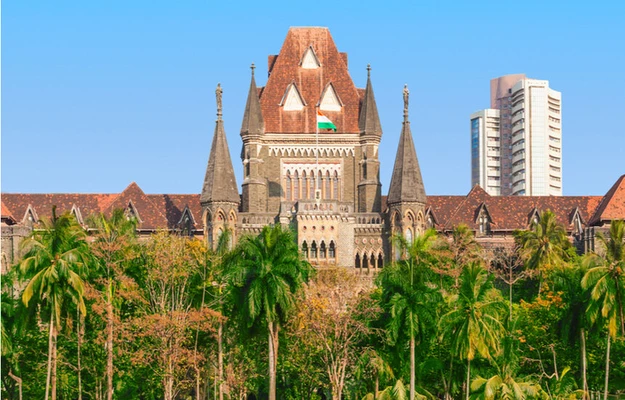Mumbai: False and misleading information can adversely impact electoral democracy, the Central government stated in its affidavit before Bombay High Court opposing the petition filed by comic Kunal Kamra challenging the recent amendments to the Information Technology (Intermediary Guidelines and Digital Media Ethics Code) Rules, 2021 (IT Rules 2021).
The affidavit filed through the Ministry of Electronics and Information Technology (MeitY) stated that false information also has the impact of weakening public’s trust in democratic institutions creating doubts on the intentions of the elected government.
“False and misleading information can adversely impact electoral democracy, the economy and the social fabric in many ways, with severe and lasting damage. It has the potential to fan separatist movements and intensify social and political conflict, while also weakening public trust in democratic institutions. In matters of public interest, misleading content on social media platforms influences citizens’ perceptions regarding reality and creates doubts regarding the actions and intentions of the democratically elected government,” the affidavit stated.
The amendments, specifically to Rule 3, provides that the Central government ‘s Ministry of Electronics and Information Technology can notify a fact-checking body which is empowered to identify and tag what it considers false or fake online news with respect to any activity of the Central government.
Kamra has sought a declaration that rule 3(i)(II)(A), (C) to the Information Technology (Intermediary Guidelines and Digital Media Ethics Code) Amendment Rules, 2023 is ultra vires section 79 of the Information Technology Act and Article 14 and 19(1)(a), (g) of the Constitution.
The affidavit stated that most of the information related to news consumed across social media portals in India was produced by common users who do not have sources to verify information.
This is further misused by anti-social organisations to amplify such information.
“While a common user may not have the available time and resources to verify the information, anti-social and anti-India actors/ organizations have been using this feature of social media to deliberately publish and amplify false information. Further, anonymity over the internet has also led to the misuse of social media to spread false information using manual or technological means by making bot accounts or conducting coordinated operations,” the affidavit emphasized.
Specifically regarding government decisions, MeitY said that it apprehends that one-sided information would be spread across social media and citizens may act on it even without or before official announcement from the government is made.
“In such matters, the relevant facts are authentically and readily available with the government itself. It would be in the public interest that such authentic information is readily ascertained and publicly disseminated after fact checking by a government agency so that the potential harm to the public at large can be contained. The scope of such fact checking will be limited to ascertaining authentic information related to the activities of the government of India” the government submitted.
The affidavit also highlighted that with emerging technologies such as artificial intelligence and sophisticated technical tools, motivated or planted stories with unverified information could be prepared and spread easily amongst crores of users across India.
For these reasons, MeitY submitted that the amendments had been made in the larger public interest providing for an evidence based fact checking system.
“The impugned rule has been made in the larger public interest. It provides for a system of evidence-based-fact-checking, in order to have in place a mechanism to deal with fake or false or misleading information of a kind that have in the past on viral and resulted in riots, mob lynching and other heinous crimes, including those concerning the dignity of women and sexual abuse of children” the Ministry underscored.
MeitY also mentioned that an aggrieved person was also provided with a mechanism to seek redressal under the IT rules through a grievance officer.
There was also a mechanism for appealing against the decision of the officer to the Grievance Appellate Committee (GAC)
MeitY also reiterated that the role of the fact check unit was restricted to the business of the Central government and only for identifying fake or misleading information.
“The role of fact check unit is not for any opinion, satire or artistic impression. The aim of the government with regard to the introduction of the impugned provision is explicitly clear and suffers from no purported arbitrariness or unreasonableness as Kamra has alleged,” the affidavit concluded opposing the petition



